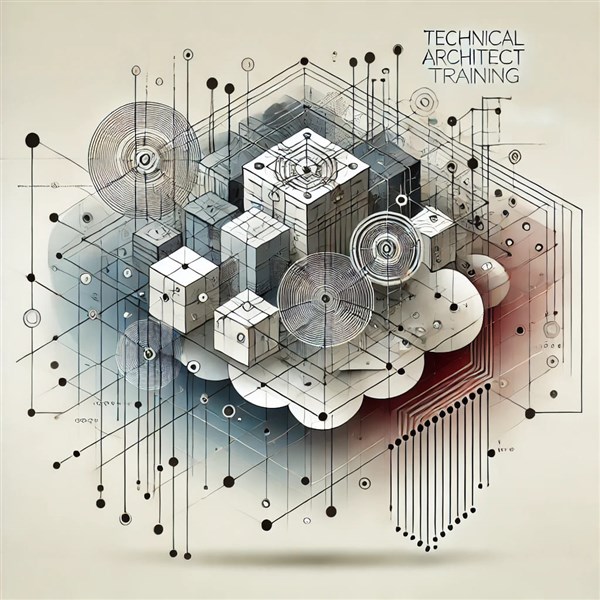Unable to find what you're searching for?
We're here to help you find it
As technology becomes the cornerstone of modern business, the demand for professionals who can bridge the gap between software development and enterprise strategy has surged. Enter the Technical Architect — a role that combines deep technical knowledge with high-level decision-making and cross-functional leadership.
Technical architects are responsible for designing systems that are scalable, secure, performant, and aligned with business goals. To do this effectively, they must master more than just code — they need a broad, multidisciplinary skill set that includes everything from integration patterns to communication strategies.
This is where Technical Architect Training becomes a crucial step in transforming experienced developers, engineers, and technical leads into visionary leaders. In this blog, we’ll break down the top skills you’ll gain through technical architect training, and how these competencies empower you to build resilient systems and drive digital innovation.
What You’ll Learn:
Why It Matters:
This is the core responsibility of a technical architect — to think beyond the code and envision how various components, services, and tools will come together into a cohesive and maintainable system.
What You’ll Learn:
Why It Matters:
Architectural decisions can either future-proof or burden a system. Understanding patterns and principles ensures that you create flexible systems that scale with minimal rework.
What You’ll Learn:
Why It Matters:
Cloud adoption is no longer optional. Technical architect training equips you to design systems that take full advantage of cloud scalability, cost-efficiency, and elasticity.
What You’ll Learn:
Why It Matters:
Technical architects help bridge the traditional divide between dev and ops. You’ll enable faster, more reliable releases while minimizing risk — a key factor in agile and DevOps-driven organizations.
What You’ll Learn:
Why It Matters:
With the rise of cybersecurity threats and data privacy regulations, architects must ensure that security is part of every decision — from authentication flows to encryption strategies.
What You’ll Learn:
Why It Matters:
Digital ecosystems are interconnected by nature. Training gives you the tools to design interfaces and integrations that are robust, well-documented, and secure.
What You’ll Learn:
Why It Matters:
Fast applications delight users. Architects must ensure systems are not only functional but also fast and responsive at scale, even under heavy demand.
What You’ll Learn:
Why It Matters:
Architects operate at the intersection of strategy and execution. Training teaches you how to think long-term and align architecture with organizational goals.
What You’ll Learn:
Why It Matters:
Being a great architect is not just about diagrams — it’s about influence and leadership. Training helps you grow into a trusted advisor who shapes both projects and people.
What You’ll Learn:
Why It Matters:
Architects are often the final decision-makers on critical technologies. With the right training, you’ll be confident in choosing solutions that deliver value, not just hype.
|
Skill Area |
Benefit to Your Role |
|---|---|
|
System Design |
Build scalable, secure applications |
|
Cloud Integration |
Deliver cloud-native, flexible deployments |
|
DevOps Alignment |
Reduce release times and improve quality |
|
Security Awareness |
Strengthen defenses and ensure compliance |
|
Stakeholder Engagement |
Influence business decisions through architecture |
Roles you can target after training:
✅ Final Takeaway
Technical architect training is about evolving from a developer who writes code — to a leader who designs the future.
By mastering architectural frameworks, cloud-native strategies, security, integration, and stakeholder communication, you’ll be well-equipped to design and guide complex systems that drive innovation.
Whether you're aspiring to become a chief architect, lead enterprise modernization, or simply take your tech leadership to the next level, training gives you the structure, tools, and confidence to get there.
The best systems aren’t just built — they’re architected.
And the best architects are those who never stop learning.
With the right training, a technical architect can become an invaluable asset to any organization. This is where Koenig Solutions, a leading IT training company, steps in. Providing certifications in top technology courses, Koenig ensures you get the skills you need to succeed in your career.
So, whether you're just starting out or looking to enhance your skillset, consider Technical Architect Training as your stepping stone to success.

Aarav Goel has top education industry knowledge with 4 years of experience. Being a passionate blogger also does blogging on the technology niche.










